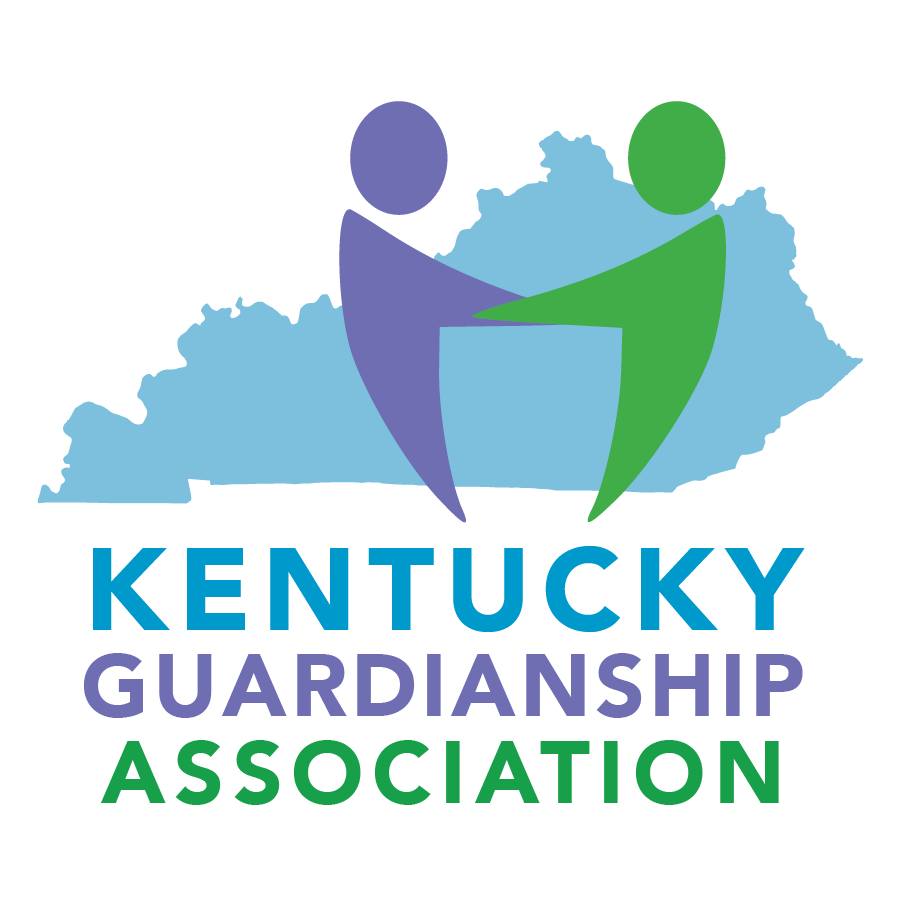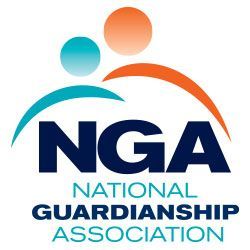By David Disponett
•
February 6, 2018
A new law, which took effect on Jan. 1, 2017, opens a door for individuals with disabilities—a door that’s been closed since 1993. When President Obama signed the 21st Century Cures Act (CCA) in late 2016, which, in part, authorizes the establishment of self-settled special needs trusts (SNTs), he corrected a longstanding oversight in existing federal legislation while simultaneously creating an empowering opportunity for individuals with disabilities. The new legislation provides a solution to a big issue for both estate planners and individuals with disabilities, making the option of using an SNT much less cumbersome. What’s an SNT? An SNT is a type of irrevocable trust that’s frequently used to hold the assets of a disabled individual who’s receiving Medicaid or other public benefits. Typically, those with disabilities qualify for government assistance, such as Supplemental Security Income (SSI), Medicaid and subsidized housing. Many government assistance programs are “means tested” (or “needs based”). To be eligible to receive means-tested benefits, an individual’s assets and income must be below a certain level. When properly drafted and administered, the assets held in an SNT won’t count against the individual’s asset limits for the purposes of his or her Medicaid or SSI eligibility. A new law, which took effect on Jan. 1, 2017, opens a door for individuals with disabilities—a door that’s been closed since 1993. When President Obama signed the 21st Century Cures Act (CCA) in late 2016, which, in part, authorizes the establishment of self-settled special needs trusts (SNTs), he corrected a longstanding oversight in existing federal legislation while simultaneously creating an empowering opportunity for individuals with disabilities. The new legislation provides a solution to a big issue for both estate planners and individuals with disabilities, making the option of using an SNT much less cumbersome. What’s an SNT? An SNT is a type of irrevocable trust that’s frequently used to hold the assets of a disabled individual who’s receiving Medicaid or other public benefits. Typically, those with disabilities qualify for government assistance, such as Supplemental Security Income (SSI), Medicaid and subsidized housing. Many government assistance programs are “means tested” (or “needs based”). To be eligible to receive means-tested benefits, an individual’s assets and income must be below a certain level. When properly drafted and administered, the assets held in an SNT won’t count against the individual’s asset limits for the purposes of his or her Medicaid or SSI eligibility. Types of SNTs In brief, there are three types of SNTs: (1) a first-party trust (sometimes referred to as a “d(4)(a) trust" or simply a “special-needs trust”); (2) a third-party trust (sometimes referred to as a “supplemental-needs trust”); and (3) a pooled trust. A first-party SNT can be funded only with assets that belong to the disabled beneficiary (such as an inheritance or the settlement proceeds from a lawsuit). A third-party trust can be funded only with assets belonging to someone other than the disabled beneficiary (such as the beneficiary’s parent or grandparent). A pooled trust can be either a first-party trust or a third-party trust. With a first-party or third-party SNT, the individual establishing the trust may choose an individual or a corporation to serve as trustee. A pooled trust is a trust that’s established by a nonprofit organization, which also serves as trustee. Pooled trust accounts hold assets from many different individuals with disabilities and generally provide reduced administration costs. A new law, which took effect on Jan. 1, 2017, opens a door for individuals with disabilities—a door that’s been closed since 1993. When President Obama signed the 21st Century Cures Act (CCA) in late 2016, which, in part, authorizes the establishment of self-settled special needs trusts (SNTs), he corrected a longstanding oversight in existing federal legislation while simultaneously creating an empowering opportunity for individuals with disabilities. The new legislation provides a solution to a big issue for both estate planners and individuals with disabilities, making the option of using an SNT much less cumbersome. What’s an SNT? An SNT is a type of irrevocable trust that’s frequently used to hold the assets of a disabled individual who’s receiving Medicaid or other public benefits. Typically, those with disabilities qualify for government assistance, such as Supplemental Security Income (SSI), Medicaid and subsidized housing. Many government assistance programs are “means tested” (or “needs based”). To be eligible to receive means-tested benefits, an individual’s assets and income must be below a certain level. When properly drafted and administered, the assets held in an SNT won’t count against the individual’s asset limits for the purposes of his or her Medicaid or SSI eligibility. Types of SNTs In brief, there are three types of SNTs: (1) a first-party trust (sometimes referred to as a “d(4)(a) trust" or simply a “special-needs trust”); (2) a third-party trust (sometimes referred to as a “supplemental-needs trust”); and (3) a pooled trust. A first-party SNT can be funded only with assets that belong to the disabled beneficiary (such as an inheritance or the settlement proceeds from a lawsuit). A third-party trust can be funded only with assets belonging to someone other than the disabled beneficiary (such as the beneficiary’s parent or grandparent). A pooled trust can be either a first-party trust or a third-party trust. With a first-party or third-party SNT, the individual establishing the trust may choose an individual or a corporation to serve as trustee. A pooled trust is a trust that’s established by a nonprofit organization, which also serves as trustee. Pooled trust accounts hold assets from many different individuals with disabilities and generally provide reduced administration costs. Each type of SNT has other attributes, as well as additional differences, and there are important considerations involved in determining which type of trust vehicle is appropriate in any given scenario. An analysis of these issues is well beyond the scope of this article. Moreover, the key change to special-needs trust law brought about by the CCA applies only to the creation of first-party SNTs. Key Elements of a First-Party SNT The Omnibus Budget Reconciliation Act of 1993 (OBRA-1993), which was codified under 42 U.S.C. Section 1396p(d)(4), et seq., authorizes the use of trusts created with assets of an individual who receives public benefits without sacrificing the government assistance received. Under Section 1396p(d)(4), the following conditions must be met to create a first-party SNT: The beneficiary of the trust must be a “disabled” individual as defined by the Social Security Act (SSA) The beneficiary of the trust must be under the age of 65 when the trust is established The trust must be established by the disabled beneficiary’s parent, grandparent, legal guardian or a court The trust must be funded solely with the disabled beneficiary’s own assets The trust must include language providing that at the disabled individual’s death, any remaining trust funds will first be used to reimburse the state for Medicaid paid on his or her behalf In addition to those mentioned above, the law places many other restrictions and prohibitions on the language used in the provisions of an SNT and regarding how and for what purposes the trust assets can be distributed.1 For example, another important requirement in the administration of an SNT is that any distributions from the trust must be for the sole benefit of the disabled beneficiary. It’s important for drafting attorneys and trustees to familiarize themselves with all of the laws and rules governing the creation and administration of SNTs.




